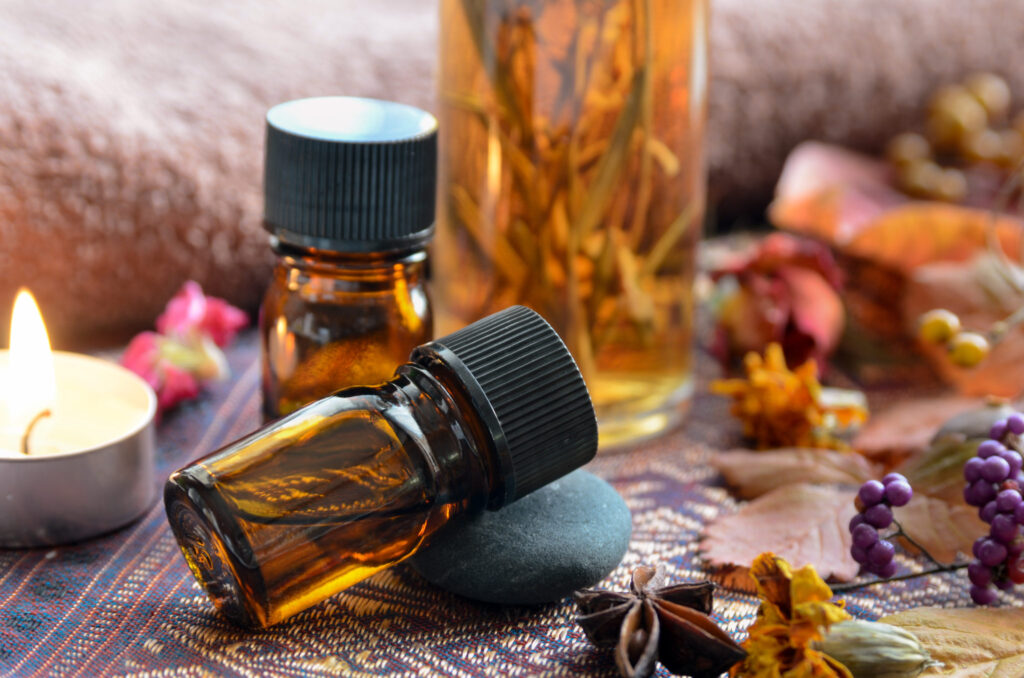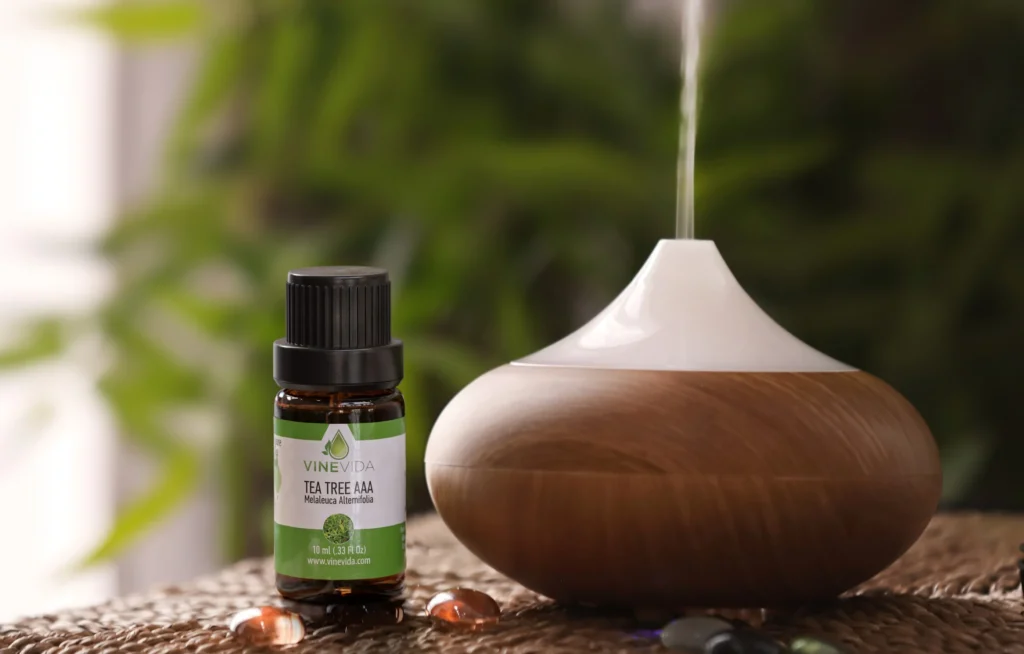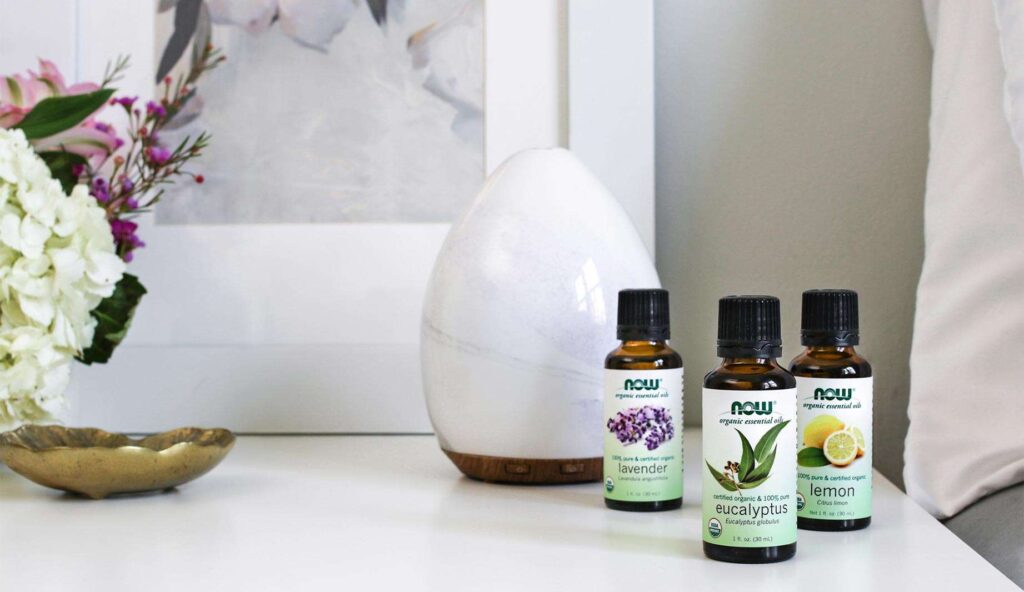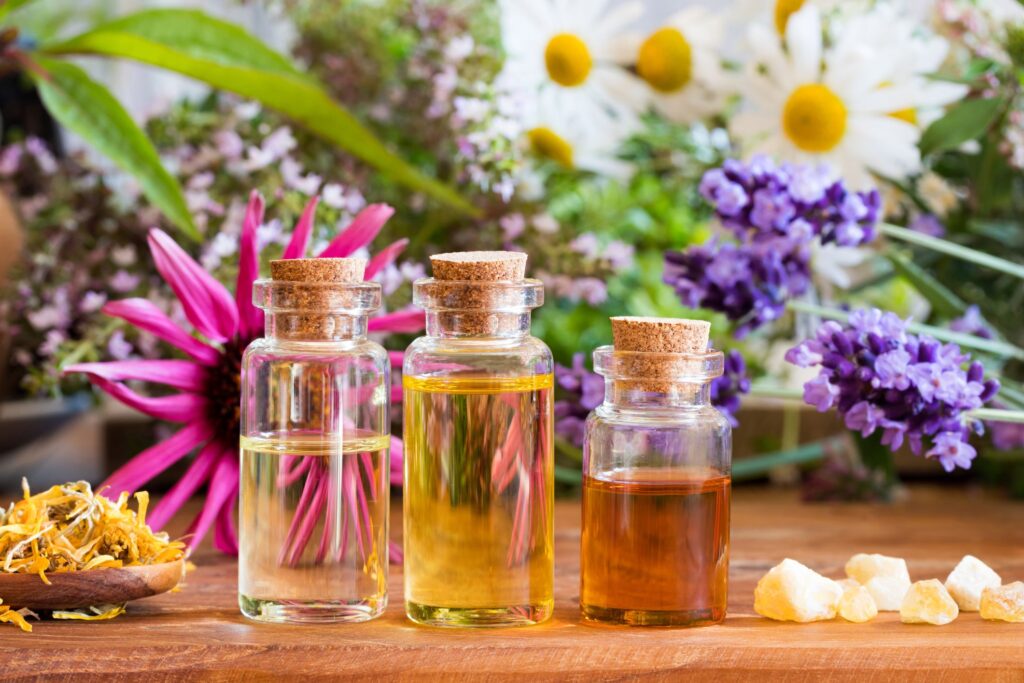Essential Oil Dosage: Understanding the Importance of Dilution
Essential oils are a huge trend worldwide, and people use them for different purposes. These oils are highly concentrated, so dilution is something to consider when using for skin care, cleaning, or even aromatherapy. Even though most essential oils are natural, it doesn’t mean they aren’t harmful when not used properly. That’s why we decided to focus on dosage and dilution today.
As you suppose, the dosage is the amount of essential oils you use, and dilution is the ratio of essential oil to diluting agent. After you dilute the oil, it’s safer to use. So, if you’re into essential oils, you need to learn these things first, and then choose your favorites from freshskin.co.uk.

But, let’s get deeper into the dosage and dilution topic:
About essential oil dosage
Every oil comes with recommendations and guidelines, and you must stick to them. Depending on the purpose, you’ll have to use more or fewer drops and increase them if needed. In general, you’ll have to put one to five drops into one teaspoon of diluting agent or carrier oil. Read the instructions before doing anything.
About dilution ratios
Dilution ratios depend on the purpose of use. For example, for skin care, one drop is enough, but for acute skin conditions, muscle pain, or headaches, you can add more drops of essential oil, like two or three per unit. The unit is a teaspoon of carrier oil or dilution agent.
You can use more essential oil for aromatherapy purposes. It’s important to note that some essential oils are considered “hot” oils, meaning they can cause skin irritation or sensitivity. Make sure you patch-test it before applying it to your skin.

How to use essential oils?
It’s not enough just to dilute your favorite oil. It’s not immediately ready to use, since you need to determine the purpose. For example, inhalation or diffusion needs a lower dosage, but you must be very careful with the topical application too.
It’s also important to follow safety guidelines when using essential oils, such as avoiding contact with eyes and mucous membranes and storing oils properly.
Additionally, common sense is essential, since you shouldn’t put yourself at any kind of risk. Surely, essential oils are mostly natural, but you should use them according to the guidelines, and never experiment with higher doses than recommended.
So, now that you know these things, it’s time to share some tips on essential oil dosage and dilution:
-
Always use a carrier oil or dilution agent
Essential oils are highly concentrated and very harsh on your skin and nose. That’s why you need to use carrier oils like coconut oil or almond oil. They make essential oils easier and safer to use. A dilution ratio of 1-5% is often recommended for adults.
If you plan on using an essential oil on your skin, you’ll have to follow the guidelines on the package. If it says only two drops for the whole container of face cream, then don’t increase the dosage yourself. We are sure you don’t want skin burns just because you were irresponsible. It’s the same for aromatherapy. Dilute the essential oil so you won’t burn your nose with fumes.
-
Follow the pre-written guidelines
We don’t even have to highlight the importance of this step. It’s important to research and follows recommended guidelines, especially if you use the oil for a specific purpose. If you aren’t sure, just use the power of the Internet to get to know the topic better.
-
Start with a lower dosage
No matter how tolerable your skin is, we suggest starting with the lowest dose possible, and increasing it as needed. This approach ensures you’re getting used to the essential oil and reduces the risk of allergic reactions.

-
What application method you’ll use?
Some methods, such as inhalation or diffusion, require lower dosages than topical application. Again, following the guidelines is a must, no matter how natural the oil is.
-
Avoid touching your eyes
Essential oils are very concentrated, and touching your eyes, nose, mouth, or other mucous membranes can be very painful. If contact occurs, make sure you use carrier oil to dilute the essential oil and wash carefully with water.
-
Store the oils properly
Both essential and carrier oils must be stored properly. Again, we recommend following the guidelines, to make sure everything is fine while storing your precious bottles. When not stored properly, oils will easily spoil, especially when the natural ingredients concentration is high.
-
Every essential oil is different
This is an important thing to know because many people think that the same rules apply to every oil. But we must note that some oils require more dilution, while others are weaker and can be mixed with less carrier oil. For example, peppermint oil is stronger and more concentrated, so you’ll need to use more carrier oil to dilute it, compared to the same amount of chamomile oil.
As we said, reading the instructions is always a must, because that way, you’re avoiding unwanted situations.
-
Be cautious with “hot” oils
We already mentioned the “hot oils”, but in case you forgot, we repeat it again. Some essential oils, such as cinnamon, clove, and oregano, are considered “hot” oils and can cause skin irritation or sensitivity. They’re even dangerous to inhale when not dosed properly. Always dilute these oils at a lower ratio and conduct a skin patch test before use. If you think it’s too heavy for your skin or breathing, you can always stop using the oil, or find another one to replace it with.

Final thoughts
Are you now familiar with how to properly use essential oils? Do you have your favorite combination? Or maybe we missed some tips you’ll want to share with us?
We hope that we successfully covered the topic, and now you can choose, dose, and dilute your favorite essential oils like a pro. When dosed properly, these oils are beneficial for your health and skin condition, which is the complete opposite of what happens when you don’t read the guidelines and dose the oils the wrong way.

